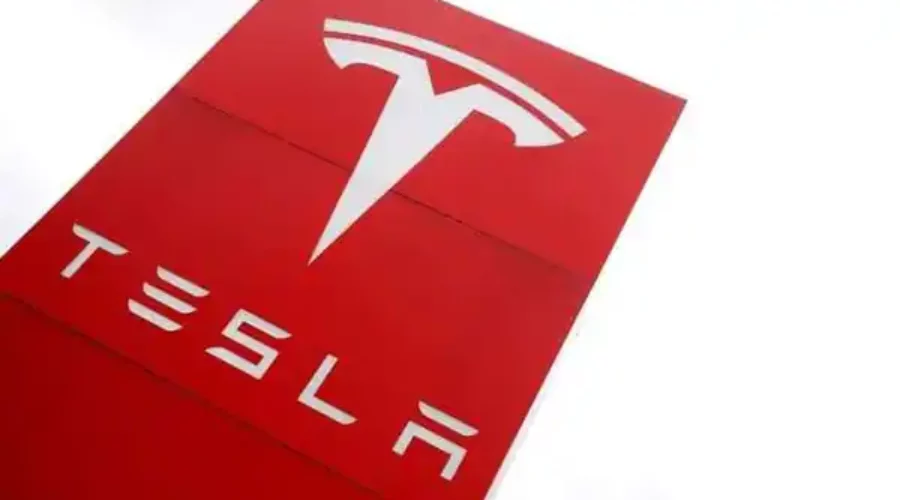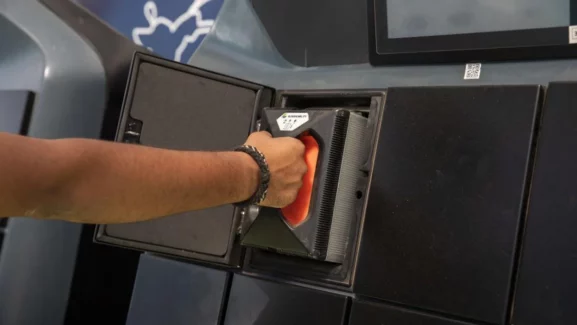Why is the Indian market so confusing to Tesla? Opportunities and challenges
Tesla, the pioneering electric vehicle (EV) company led by Elon Musk, has been on a mission to revolutionize the global automotive industry. With its sleek designs, cutting-edge technology, and commitment to sustainable transportation, Tesla has garnered a strong following worldwide. However, the company’s approach to entering the Indian market has been met with confusion and uncertainty. This article aims to delve into the challenges and opportunities Tesla faces in the Indian market and understand why the company appears to be grappling with its entry strategy.
Challenges Faced by Tesla in the Indian Market:
- High Import Duties and Taxes: One of the primary hurdles for Tesla in India is the country’s high import duties and taxes on luxury cars. The Indian government imposes a hefty 100% import duty on fully imported vehicles, making Tesla’s cars significantly more expensive compared to locally manufactured alternatives. This poses a challenge for Tesla to offer competitive pricing and gain mass-market appeal.
- Lack of Charging Infrastructure: India’s EV charging infrastructure is still in its nascent stage. While several initiatives are underway to build a robust network, the current charging infrastructure is inadequate to support a large-scale adoption of electric vehicles. Tesla’s Supercharger network, which is integral to the convenience and accessibility of their vehicles, needs significant investment and expansion in India.
- Price Sensitivity: India is a price-sensitive market where affordability plays a crucial role in purchasing decisions. While Tesla’s vehicles are known for their quality and performance, their premium pricing makes them out of reach for the majority of Indian consumers. To be successful in India, Tesla would need to introduce more affordable models or explore local manufacturing to reduce costs.
- Competition from Established Automakers: The Indian market is highly competitive, with several established automakers offering electric and hybrid vehicles. Companies like Mahindra Electric, Tata Motors, and Hyundai have gained traction in the EV segment. Tesla would need to differentiate itself and offer compelling advantages to stand out amidst the fierce competition.
Opportunities for Tesla in the Indian Market:
- Growing Awareness and Demand for Electric Vehicles: As the world grapples with climate change, there is a growing awareness and demand for sustainable transportation. India, with its ambitious goals to reduce carbon emissions, presents a significant opportunity for Tesla. With the right pricing strategy and marketing efforts, Tesla can tap into the growing demand for electric vehicles in the Indian market.
- Government Initiatives and Incentives: The Indian government has been actively promoting electric mobility through various initiatives and incentives. The Faster Adoption and Manufacturing of Hybrid and Electric Vehicles (FAME) scheme, tax benefits, and subsidies for EV manufacturers create an enabling environment for Tesla to establish its presence in India. Collaborations with the government and local partners could further bolster Tesla’s prospects.
- Technology and Innovation Hub: India is known for its pool of talented engineers and IT professionals, making it a potential technology and innovation hub. Tesla could leverage this talent pool by establishing research and development centers or partnering with local companies to foster technological advancements and tailor their products to suit the Indian market.
- Brand Image and Aspirational Value: Tesla’s brand image and association with cutting-edge technology have garnered a global fan base, including in India. The aspirational value attached to owning a Tesla could attract a niche segment of Indian consumers who are willing to invest in luxury electric vehicles.
Conclusion: Entering the Indian market poses both challenges and opportunities for Tesla. While the high import duties, lack of charging infrastructure, and intense competition from local automakers present hurdles, the growing awareness of electric vehicles, government support, technological talent, and the aspirational value of the Tesla brand offer promising prospects. To succeed in India, Tesla needs to devise a comprehensive strategy that addresses the challenges while capitalizing on the opportunities presented by this dynamic and rapidly evolving market.



